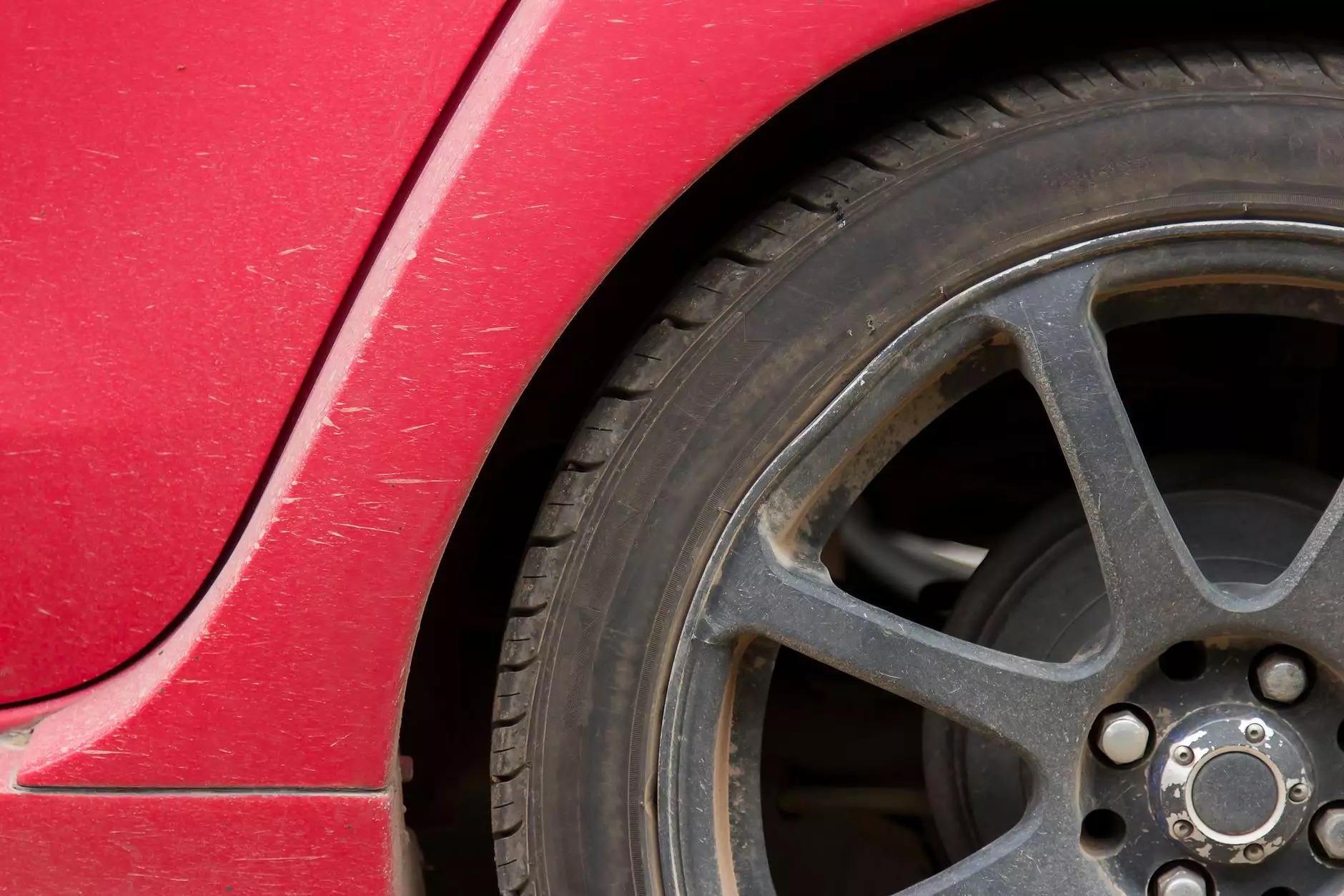When Should an Oxygen Sensor Be Replaced?
Content Marketing
Oxygen sensors are crucial components of a vehicle's emission control system. They are responsible for monitoring the amount of oxygen in the exhaust gases and ensuring the proper fuel-air mixture for efficient combustion. Over time, oxygen sensors can wear out and become less effective, leading to a variety of issues in the vehicle's performance and emissions.
Signs of a Failing Oxygen Sensor
Understanding the signs of a failing oxygen sensor can help you diagnose and address the problem before it escalates. Some common symptoms of a bad oxygen sensor include:
- Check Engine Light: A check engine light that illuminates on the dashboard is often a sign of a faulty oxygen sensor.
- Poor Fuel Efficiency: A malfunctioning oxygen sensor can cause the vehicle to consume more fuel than usual due to an incorrect fuel-air mixture.
- High Emissions: An inefficient oxygen sensor can lead to increased emissions, potentially causing the vehicle to fail emission tests.
- Rough Idling or Stalling: Irregular engine idle or stalling can be indicators of a problematic oxygen sensor.
Understanding Oxygen Sensor Lifetime
Oxygen sensors have a lifespan of approximately 30,000 to 100,000 miles, depending on the type and quality of the sensor. It is essential to consult your vehicle's manual or a professional mechanic to determine the recommended oxygen sensor replacement interval for your specific make and model.
Factors Affecting Oxygen Sensor Longevity
Several factors can influence the lifespan of an oxygen sensor, including:
- Driving Conditions: Harsh driving conditions such as frequent short trips or stop-and-go traffic can accelerate oxygen sensor degradation.
- Fuel Quality: Low-quality fuel or fuel additives can contribute to premature oxygen sensor failure.
- Environmental Factors: Exposure to extreme temperatures, moisture, or contaminants can impact the sensitivity and accuracy of the oxygen sensor.
When to Replace an Oxygen Sensor
Regular maintenance and timely replacement of oxygen sensors are essential to ensure optimal vehicle performance and emissions compliance. It is advisable to consider replacing the oxygen sensor if you experience any of the aforementioned symptoms or if the sensor reaches the mileage threshold recommended by the manufacturer.
Benefits of Timely Oxygen Sensor Replacement
By replacing a worn-out oxygen sensor promptly, you can experience improved fuel efficiency, smoother engine performance, reduced emissions, and prolonged catalytic converter life. SEOSTUDIOS offers professional oxygen sensor replacement services to help you maintain your vehicle's efficiency and performance.
For expert advice on oxygen sensors and emission control system maintenance, contact SEOSTUDIOS today!









